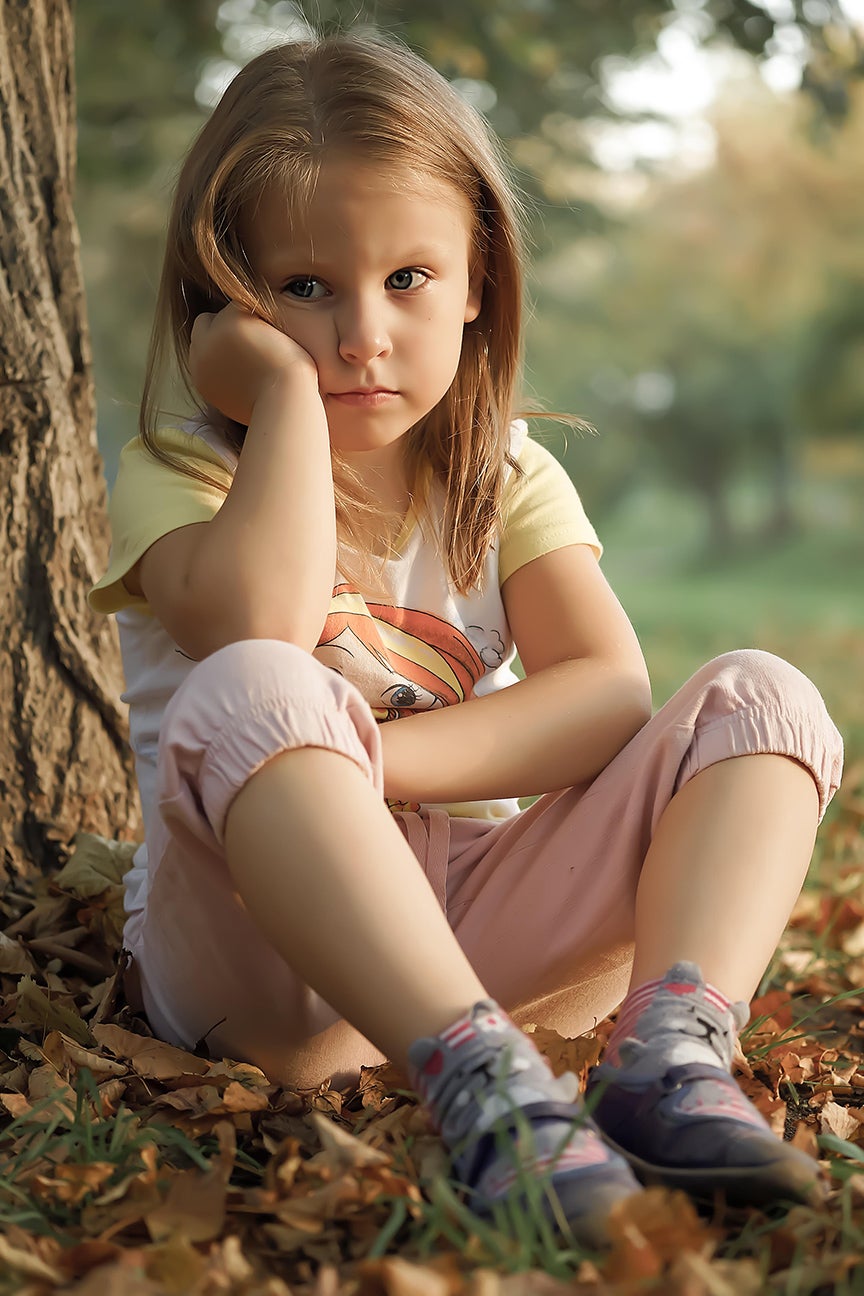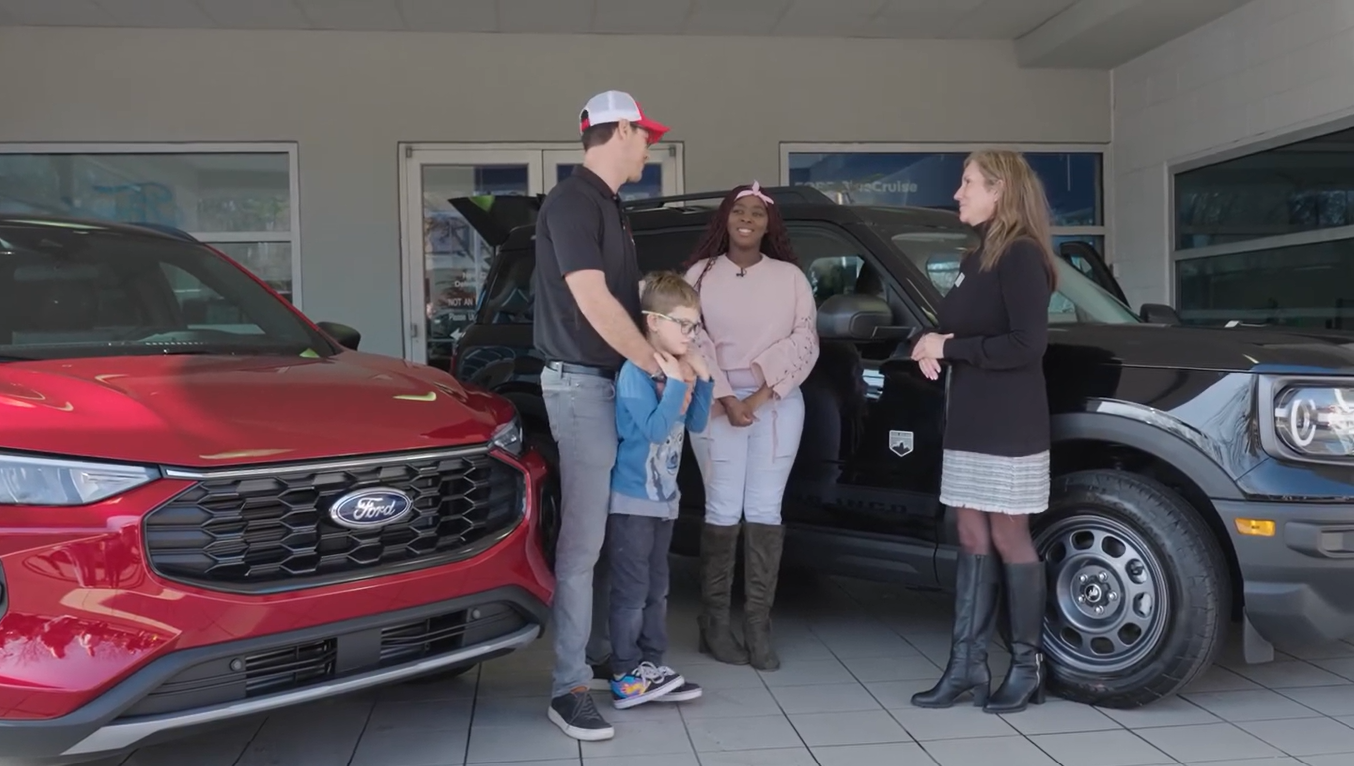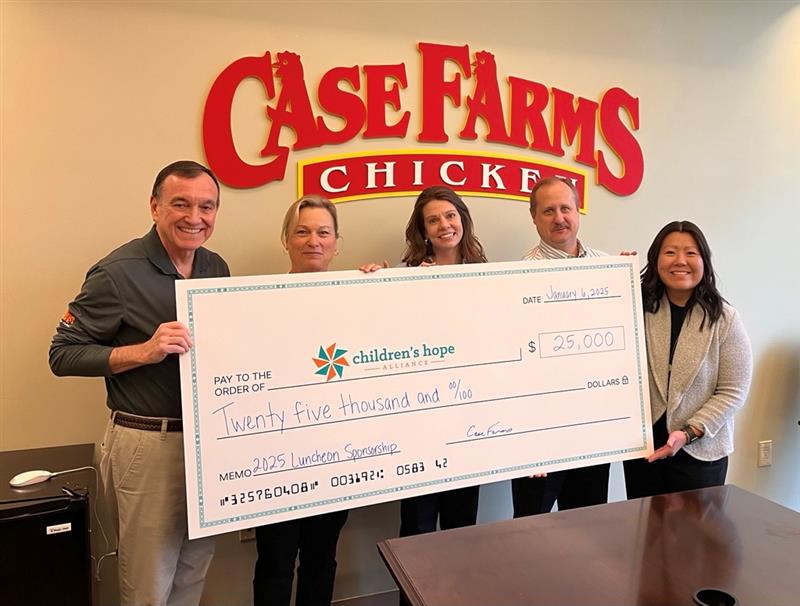Children who suffer from traumatic stress are those exposed to one or more traumas over the course of their lives and develop reactions that persist and affect their daily lives. Post-traumatic stress syndrome can include a variety of responses, such as intense and ongoing emotional upset, regression or loss of previously acquired skills, attention and academic difficulties, depressive symptoms or anxiety, behavioral changes, difficulties with self-regulation, problems relating to others or forming attachments, nightmares, difficulty sleeping and eating. In addition, older children may use drugs or alcohol, engage in unhealthy sexual activity or develop risky behaviors.
What Experiences Might Be Traumatic?
- Physical, sexual, or psychological abuse and neglect (including trafficking)
- Family or community violence
- Sudden or violent loss of a loved one
- Substance use disorder (personal or familial)
- Refugee and war experiences (including torture)
- Serious accidents or life-threatening illness
- Military family-related stressors (e.g., deployment, parental loss or injury)
- Major change in family structure like separation and divorce
Sometimes several events overlap or happen at the same time that will trigger traumatic reactions. For example, some children felt this during major changes as a result of the COVID-19 pandemic – lack of socialization, schedules disrupted, lack of structure, confinement, illness, hospitalization, death.
Traumatic reactions in infants:
- Eating disturbance
- Sleep disturbances
- Somatic complaints
- Clingy/separation anxiety
- Feeling helpless/passive
- Irritable/difficult to soothe
- Constricted play, exploration, mood
- Repetitive/post-traumatic play
- Developmental regression
- General fearfulness/new fears
- Easily startled
- Language delay
- Aggressive behavior
- Sexualized behavior
- Talking about the traumatic event and reacting to reminders/trauma triggers
Traumatic reactions in young children (3 to 10 years of age):
- Avoidant, anxious, clingy
- General fearfulness/new fears
- Helplessness, passive, low frustration
- Restless, impulsive, hyperactive
- Physical symptoms (headache, etc.)
- Difficulty identifying what is bothering them
- Inattention, difficulty problem solving
- Daydreaming or dissociation
- Irritability
- Aggressive behavior
- Sexualized behavior
- Loss of recent developmental achievements
- Repetitive/ post-traumatic play
- Talking about the traumatic event and reacting to reminders/trauma triggers
- Sadness/depression
- Poor peer relationships and social problems (controlling/over permissive)
Traumatic reactions in pre-teens and teenagers:
- Avoidant, anxious, clingy
- Sadness, depression and feeling hopeless
- Social withdrawal
- Anger, irritability and mood swings
- Shock and denial
- Sexualized behavior
- Guilt and shame
- Declining academic performance
- Loss of interest in extracurricular events
- Change in friends
- Aches, pains and muscle tension
- Insomnia and nightmares
How You Can Help
Not all children experience child traumatic stress after experiencing a traumatic event, but those who do can recover. With proper support, many children are able to adapt to and overcome such experiences. Be patient and assure the child that he or she is safe. It is not their fault.
Each individual child and their situation, shall be individually managed. As needed, a mental health professional trained in evidence-based trauma treatment such as cognitive behavioral therapies can help children and families cope with the impact of traumatic events. There are a number of evidence-based and promising ways to address child traumatic stress. Start by becoming familiar with emotional regulation skills such as self-soothing activities to reduce stress. Music, reading a book, going on a walk, yoga meditation are examples. Seek help from Children’s Hope Alliance. We provide many resources to assist individuals and families heal. Check out these resources – some of the services below are only offered through the court system, county school system or contract.
Individual, Group, & Family Therapy
Treatment Alternatives for Sexualized Kids (TASK)
Child-focused Assertive Community Treatment Teams (Child ACTT)
It is important to create a connection with the child as well as have them socialize with others. There is hope to help a child heal.
If you need more assistance, speaking with your family pediatrician is a good start, as they can help connect you to a mental health professional.
For our admissions department, call 844-226-8855.






